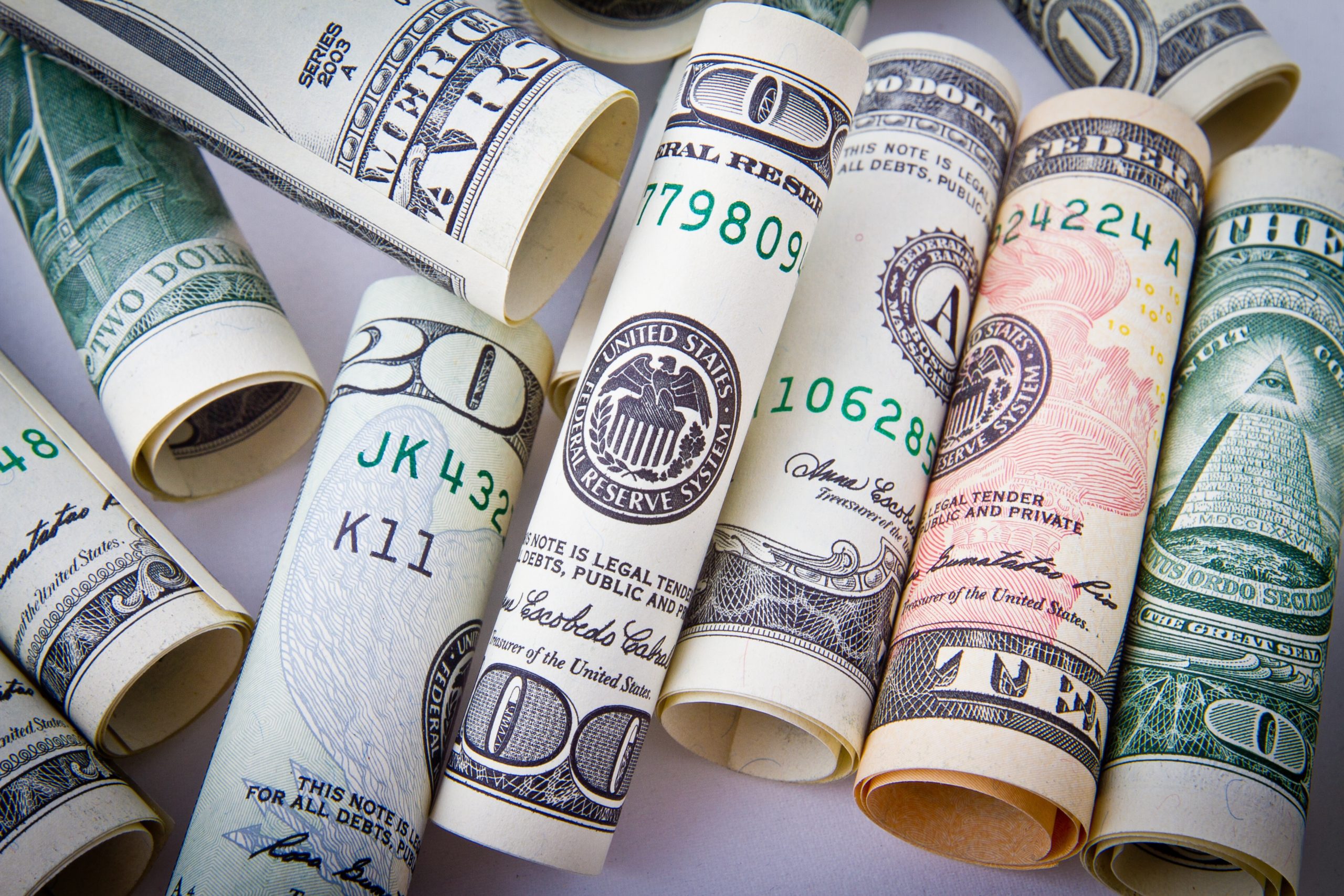Looking for an essential document in a stack of files can be frustrating, but when a disaster strikes, trying to gather all the documents you may need can be extremely stressful.
We’ve written before on the steps to take to ensure that you have a secure disaster preparedness strategy. It’s also critical to note your financial information and key contact numbers along with documenting your belongings.
Getting organized will take time. The list of records FEMA recommends is long, from vital documents like driver’s licenses to other meaningful documents like estate plans, but is invaluable for evacuation during a disaster.
You’ll want to store these documents someplace safe. That could range from a fireproof lockbox or safe, a safety deposit box, or electronically in an external hard drive. If you store documents electronically, be sure to password protect your digital files.
It will also help if you consider your financial readiness for emergencies.
According to a recent Bankrate survey, only four in 10 adults would cover an unplanned $1,000 expense using their savings. According to the survey, the rest would use a credit or a loan, borrow from family or friends, or forgo paying something else to come up with the money.
Regardless of where you live, disaster can strike.
Read more about the steps you can take to prepare your finances for a natural disaster, including a more detailed breakdown of creating your emergency document kit at bankrate.com.


